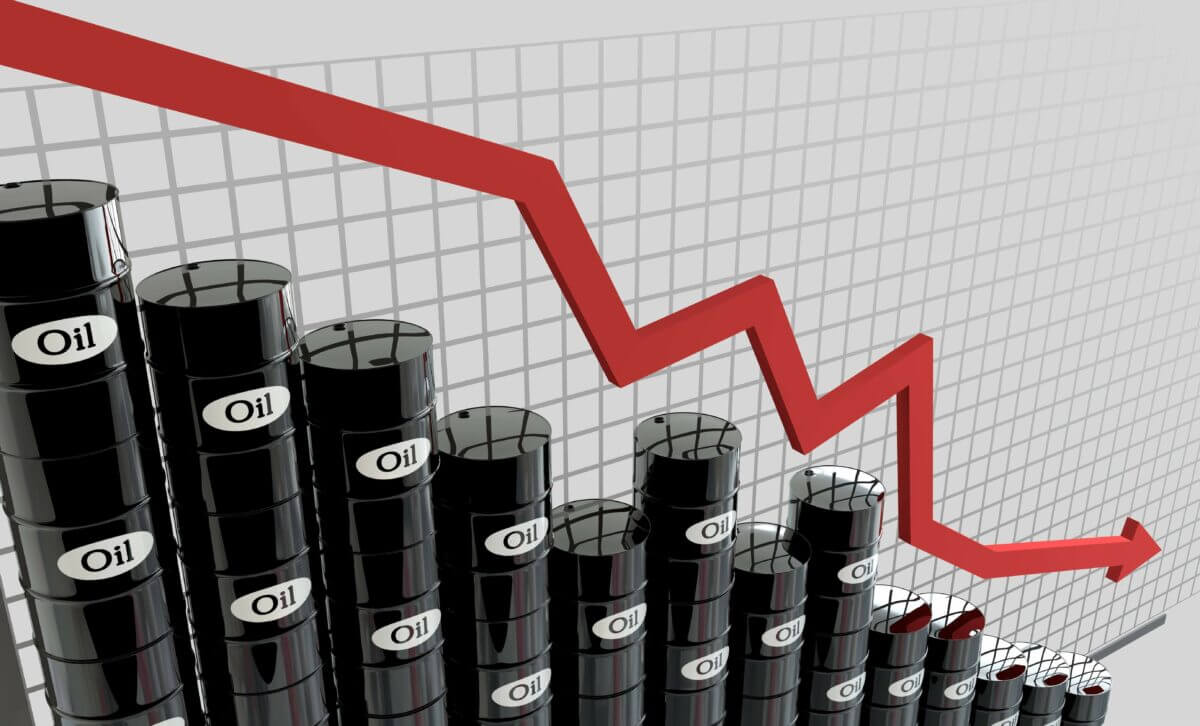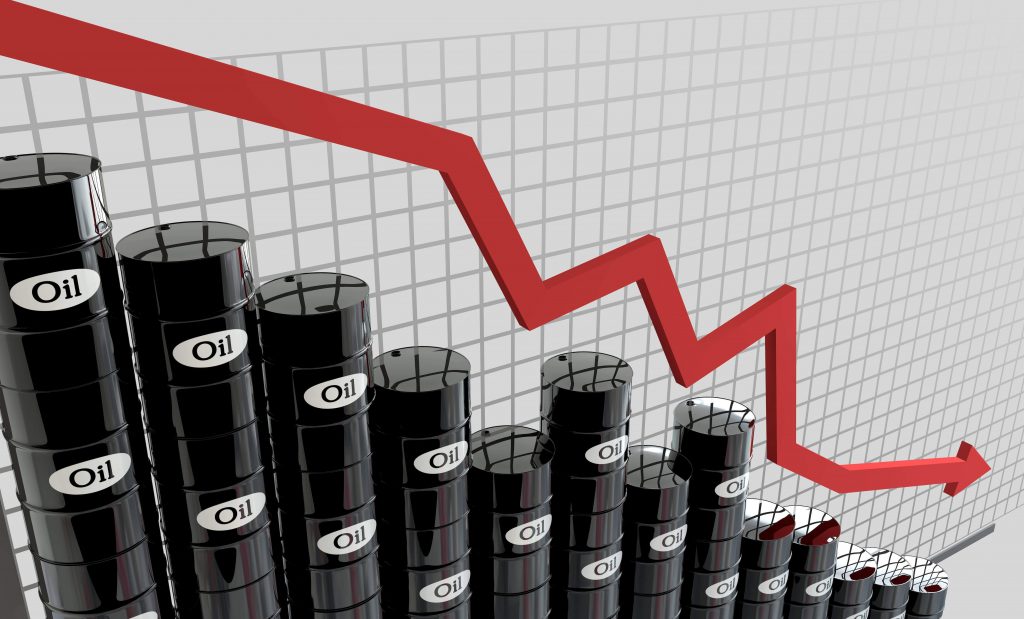
Oil drops towards $70
Oil prices fell toward $70 per barrel on Thursday as more governments implemented new movement restrictions to increase COVID-19 cases. However, Middle East tensions provided support.
Japan plans to extend emergency limits to further prefectures. China, the world’s second-largest oil consumer, has imposed limitations and cancelled flights, threatening gasoline consumption.
Brent oil
Brent crude oil futures fell 38 cents, or 0.54 per cent, to $70 per barrel by 0837 GMT, having fallen below that level for the first time since July 21.
West Texas Intermediate (WTI) crude futures in the United States lost 34 cents, or 0.5 per cent, to $67.81. On Wednesday, both benchmarks plummeted by more than $2 a barrel. Since the initial outbreak, China is currently confronting its most difficult COVID-19 issue, FGE analysts wrote in a note. The reintroduction of COVID-19 and the imposition of restrictions will have a short-term detrimental impact on domestic transportation fuel demand. FGE estimates gasoline demand to be roughly 80,000 barrels per day (BPD) lower in August than July.
COVID-19 cases in the United States, the world’s largest oil consumer, reached a six-month peak on Wednesday, with more than 100,000 infections reported, according to a Reuters count.
Another factor dragging on prices was a 3.6 million barrel increase in US oil stockpiles last week, according to data from the US Energy Information Administration (EIA). Price decreases were held in check by tensions in the Middle East.
Drone attack
In reaction to previous projectile fire towards Israel, Israeli aircraft hit what the country’s military said were rocket launch facilities in south Lebanon early Thursday.
The exchange occurred in the aftermath of an attack on a tanker off the coast of Oman last Thursday, which Israel blamed on Iran. Two crew members dead: a Briton and a Romanian. Iran vehemently denied any connection. With tensions escalating between Iran and Western powers following last week’s drone assault, it appears nuclear deal talks will be lengthy and unlikely to provide Iran with immediate sanction relief.
OPEC +
This week’s market also saw the announcement that OPEC oil output had reached its highest level since April 2020. According to a Reuters survey, OPEC increased its production by 610,000 barrels per day (BPD) in July compared to June. Starting this month (August), OPEC+ will increase output by 400,000 BPD, with plans to do so every month through April 2022.
If coronavirus limitations return, as some expect, this might cause a supply disruption. However, market participants should keep in mind that OPEC+ continues to meet monthly and may decide to reduce its output increases if the market displays signs of weakening.
For September, Saudi Aramco (SE:2222) raised its official selling prices (OSPs) for oil bound for Asia. If purchasers are hesitant to pay more to large suppliers such as Aramco, it is a hint that demand is not as high as forecasters projected.


